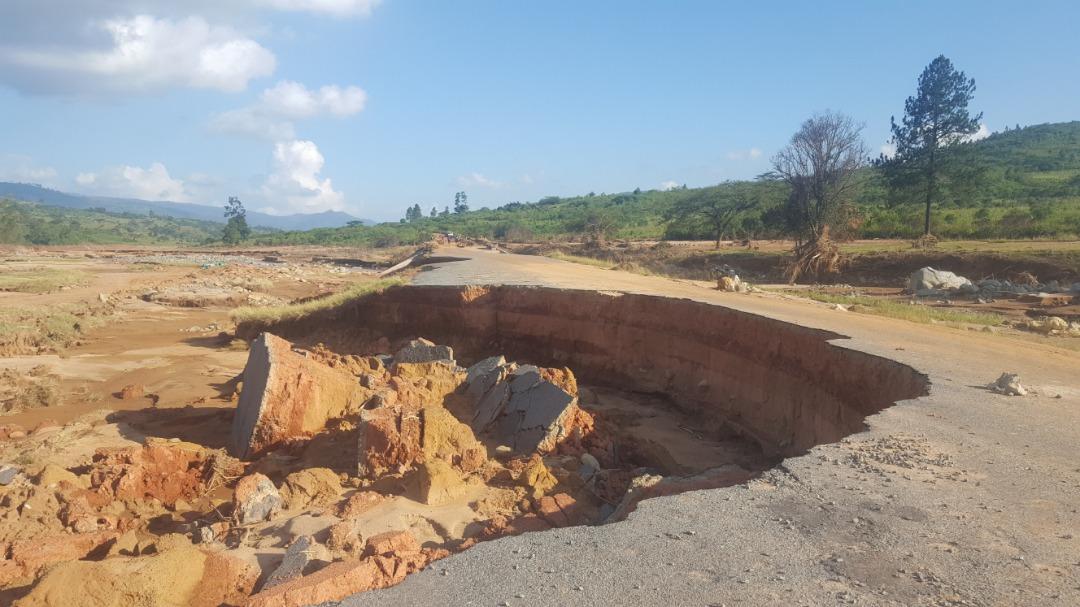MUTARE, Zimbabwe—Illegal logging, mostly by Chinese companies, in Mozambique has left a trail of destruction, with the altered landscape leaving many people vulnerable to devastating cyclones, environmental experts have said.
Between 2001 and 2017, the U.S.-based Global Forest Watch—an online platform that provides tools for monitoring forests—said Mozambique lost 2.88 million hectares (7.1 million acres) of tree cover, amid growing demand in China for valuable hardwoods such as rosewood. The loss of tree cover was equivalent to 212 million tonnes (234 million tons) of carbon emission into the atmosphere, the Global Forest Watch revealed.





